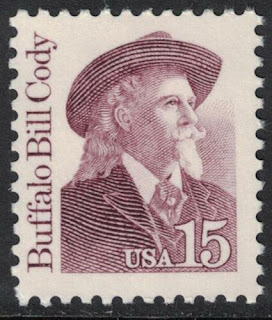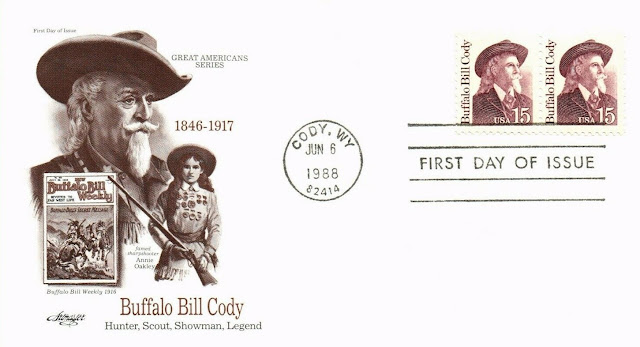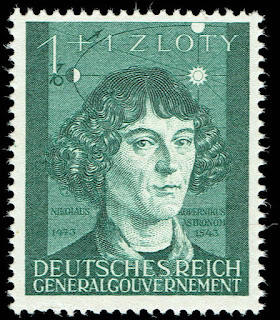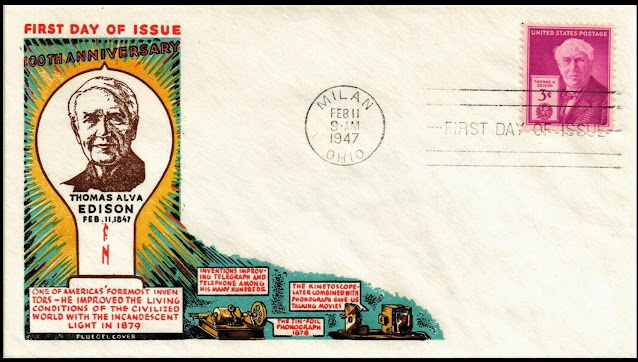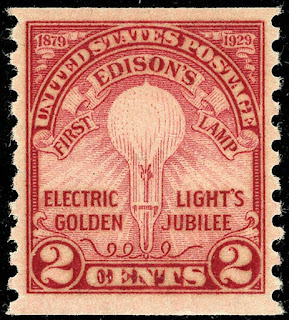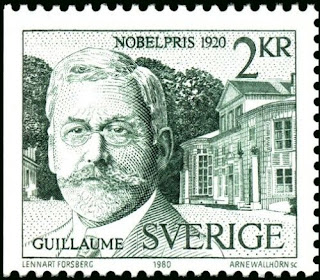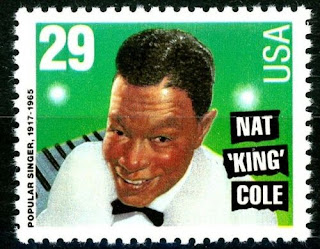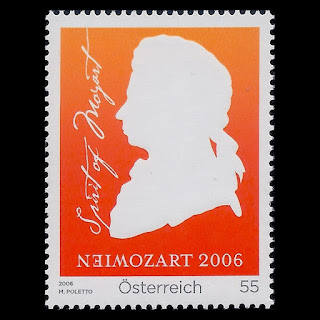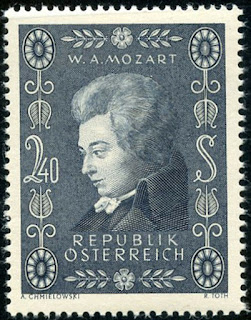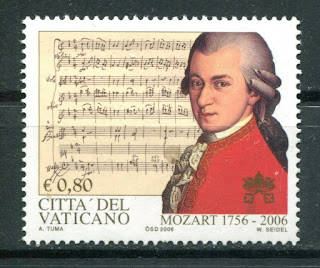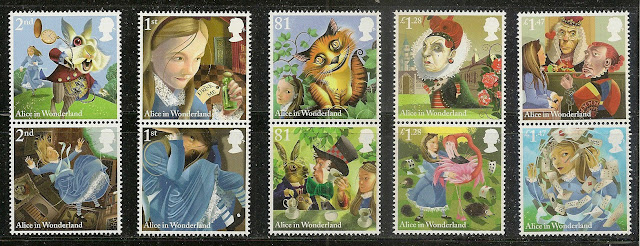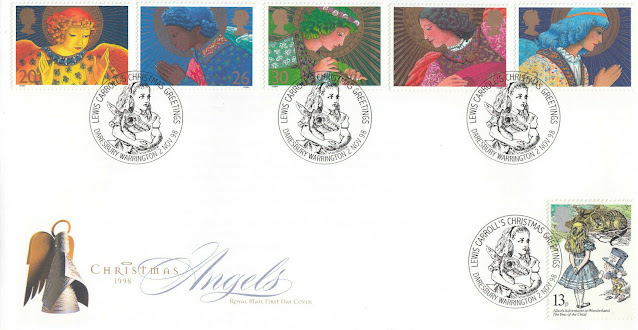Here are some events that happened on February 15th. It could be an event or a person that died or was born on that day
1564 Born: Galileo Galilei, Italian astronomer, physicist, and mathematician (d. 1642)
Galileo di Vincenzo Bonaulti de Galilei (15 February 1564 – 8 January 1642) was an Italian astronomer, physicist and engineer, sometimes described as a polymath, from Pisa. Galileo has been called the "father of observational astronomy", the "father of modern physics", the "father of the scientific method", and the "father of modern science".
Galileo studied speed and velocity, gravity and free fall, the principle of relativity, inertia, projectile motion and also worked in applied science and technology, describing the properties of pendulums and "hydrostatic balances", inventing the thermoscope and various military compasses, and using the telescope for scientific observations of celestial objects. His contributions to observational astronomy include the telescopic confirmation of the phases of Venus, the observation of the four largest satellites of Jupiter, the observation of Saturn's rings, and the analysis of sunspots.
Galileo's championing of heliocentrism and Copernicanism was controversial during his lifetime, when most subscribed to geocentric models such as the Tychonic system. He met with opposition from astronomers, who doubted heliocentrism because of the absence of an observed stellar parallax. The matter was investigated by the Roman Inquisition in 1615, which concluded that heliocentrism was "foolish and absurd in philosophy, and formally heretical since it explicitly contradicts in many places the sense of Holy Scripture".
Galileo later defended his views in Dialogue Concerning the Two Chief World Systems (1632), which appeared to attack Pope Urban VIII and thus alienated him and the Jesuits, who had both supported Galileo up until this point. He was tried by the Inquisition, found "vehemently suspect of heresy", and forced to recant. He spent the rest of his life under house arrest. While under house arrest, he wrote Two New Sciences, in which he summarized work he had done some forty years earlier on the two sciences now called kinematics and strength of materials.
Stamps from Hungary, Italy and Luxembourg depicting Galileo
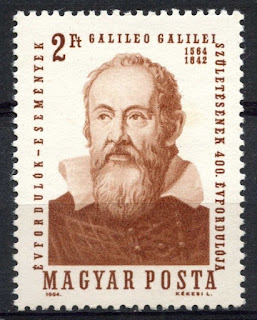


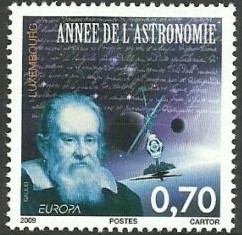
1820 Born: Susan B. Anthony, American suffragist and activist (d. 1906)
Susan B. Anthony (February 15, 1820 – March 13, 1906) was an American social reformer and women's rights activist who played a pivotal role in the women's suffrage movement. Born into a Quaker family committed to social equality, she collected anti-slavery petitions at the age of 17. In 1856, she became the New York state agent for the American Anti-Slavery Society.
In 1851, she met Elizabeth Cady Stanton, who became her lifelong friend and co-worker in social reform activities, primarily in the field of women's rights. In 1852, they founded the New York Women's State Temperance Society after Anthony was prevented from speaking at a temperance conference because she was female. In 1863, they founded the Women's Loyal National League, which conducted the largest petition drive in United States history up to that time, collecting nearly 400,000 signatures in support of the abolition of slavery. In 1866, they initiated the American Equal Rights Association, which campaigned for equal rights for both women and African Americans. In 1868, they began publishing a women's rights newspaper called The Revolution. In 1869, they founded the National Woman Suffrage Association as part of a split in the women's movement. In 1890, the split was formally healed when their organization merged with the rival American Woman Suffrage Association to form the National American Woman Suffrage Association, with Anthony as its key force. In 1876, Anthony and Stanton began working with Matilda Joslyn Gage on what eventually grew into the six-volume History of Woman Suffrage. The interests of Anthony and Stanton diverged somewhat in later years, but the two remained close friends.
In 1872, Anthony was arrested for voting in her hometown of Rochester, New York, and convicted in a widely publicized trial. Although she refused to pay the fine, the authorities declined to take further action. In 1878, Anthony and Stanton arranged for Congress to be presented with an amendment giving women the right to vote. Introduced by Sen. Aaron A. Sargent (R-CA), it later became known colloquially as the Susan B. Anthony Amendment. It was eventually ratified as the Nineteenth Amendment to the U.S. Constitution in 1920.
Anthony traveled extensively in support of women's suffrage, giving as many as 75 to 100 speeches per year and working on many state campaigns. She worked internationally for women's rights, playing a key role in creating the International Council of Women, which is still active. She also helped to bring about the World's Congress of Representative Women at the World's Columbian Exposition in Chicago in 1893.
When she first began campaigning for women's rights, Anthony was harshly ridiculed and accused of trying to destroy the institution of marriage. Public perception of her changed radically during her lifetime, however. Her 80th birthday was celebrated in the White House at the invitation of President William McKinley. She became the first female citizen to be depicted on U.S. coinage when her portrait appeared on the 1979 dollar coin.

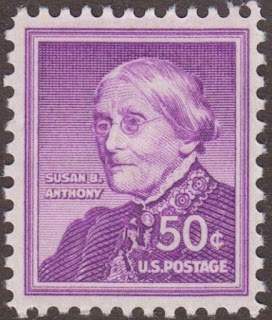
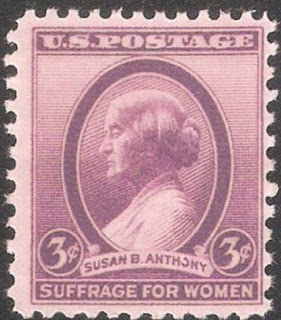
1861 Born: Charles Édouard Guillaume, Swiss-French physicist and academic, Nobel Prize laureate (d. 1938)
Charles Édouard Guillaume (15 February 1861, in Fleurier, Switzerland – 13 May 1938, in Sèvres, France) was a Swiss physicist who received the Nobel Prize in Physics in 1920 in recognition of the service he had rendered to precision measurements in physics by his discovery of anomalies in nickel steel alloys. In 1919, he gave the fifth Guthrie Lecture at the Institute of Physics in London with the title "The Anomaly of the Nickel-Steels".
Swedish stamp depicting Charles Édouard Guillaume
1874 Born: Ernest Shackleton, Anglo-Irish captain and explorer (d. 1922)
Sir Ernest Henry Shackleton (15 February 1874 – 5 January 1922) was a British Antarctic explorer who led three British expeditions to the Antarctic. He was one of the principal figures of the period known as the Heroic Age of Antarctic Exploration.
Born in Kilkea, County Kildare, Ireland, Shackleton and his Anglo-Irish family moved to Sydenham in suburban south London when he was ten. His first experience of the polar regions was as third officer on Captain Robert Falcon Scott's Discovery expedition of 1901–1904, from which he was sent home early on health grounds, after he and his companions Scott and Edward Adrian Wilson set a new southern record by marching to latitude 82°S. During the Nimrod expedition of 1907–1909, he and three companions established a new record Farthest South latitude at 88°S, only 97 geographical miles (112 statute miles or 180 kilometres) from the South Pole, the largest advance to the pole in exploration history. Also, members of his team climbed Mount Erebus, the most active Antarctic volcano. For these achievements, Shackleton was knighted by King Edward VII on his return home.
The Nimrod Expedition of 1907–09, otherwise known as the British Antarctic Expedition, was the first of three expeditions to the Antarctic led by Ernest Shackleton. Its main target, among a range of geographical and scientific objectives, was to be first to the South Pole. This was not attained, but the expedition's southern march reached a Farthest South latitude of 88° 23' S, just 97.5 nautical miles (180.6 km; 112.2 mi) from the pole. This was by far the longest southern polar journey to that date and a record convergence on either Pole. A separate group led by Welsh Australian geology professor Edgeworth David reached the estimated location of the South Magnetic Pole, and the expedition also achieved the first ascent of Mount Erebus, Antarctica's second highest volcano.
The expedition lacked governmental or institutional support, and relied on private loans and individual contributions. It was beset by financial problems and its preparations were hurried. Its ship, Nimrod, was less than half of the size of Robert Falcon Scott's 1901–04 expedition ship Discovery, and Shackleton's crew lacked relevant experience. Controversy arose from Shackleton's decision to base the expedition in McMurdo Sound, close to Scott's old headquarters, in contravention of a promise to Scott that he would not do so. Nevertheless, although the expedition's profile was initially much lower than that of Scott's six years earlier, its achievements attracted nationwide interest and made Shackleton a public hero. The scientific team, which included the future Australasian Antarctic Expedition leader Douglas Mawson, carried out extensive geological, zoological and meteorological work. Shackleton's transport arrangements, based on Manchurian ponies, motor traction, and sled dogs, were innovations which, despite limited success, were later copied by Scott for his ill-fated Terra Nova Expedition.
On his return, Shackleton overcame the Royal Geographical Society's initial scepticism about his achievements and received many public honours, including a knighthood from King Edward VII. He made little financial gain from the expedition and eventually depended on a government grant to cover its liabilities. Within three years his southernmost record had been surpassed, as first Amundsen and then Scott reached the South Pole. In his own moment of triumph, Amundsen nevertheless observed: "Sir Ernest Shackleton's name will always be written in the annals of Antarctic exploration in letters of fire".
Farthest South refers the most southerly latitude reached by explorers before the conquest of the South Pole in 1911. Significant steps on the road to the pole were the discovery of lands south of Cape Horn in 1619, Captain James Cook's crossing of the Antarctic Circle in 1773, and the earliest confirmed sightings of the Antarctic mainland in 1820. From the late 19th century onward, the quest for Farthest South latitudes became in effect a race to reach the pole, which culminated in Roald Amundsen's success in December 1911.
Stamps from Great Britain and British Antarctica depicting Shackleton and or his expedition


1965 Died: Nat King Cole, American singer and pianist (b. 1919)
Nathaniel Adams Coles (March 17, 1919 – February 15, 1965), known professionally as Nat King Cole, was an American singer and jazz pianist. He recorded over 100 songs that became hits on the pop charts. His trio was the model for small jazz ensembles that followed. Cole also acted in films and on television and performed on Broadway. He was the first African-American man to host an American television series. He was the father of singer-songwriter Natalie Cole (1950–2015).
US stamp depicting Nat King Cole









